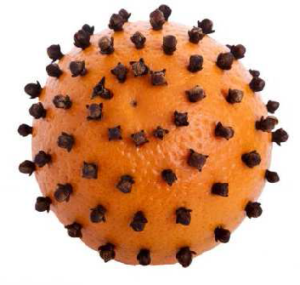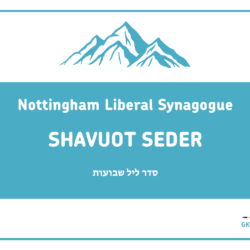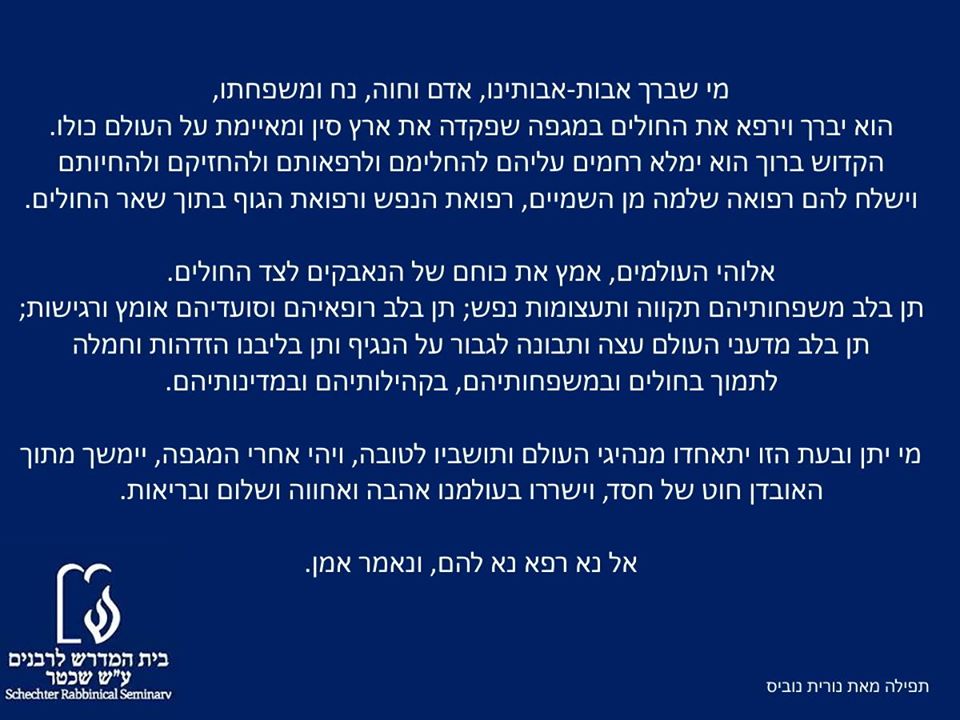| Source (Hebrew) | Source & Translation (English) | Transliteration (Romanized Hebrew) |
|---|---|---|
INTRODUCTION (may be read. For safety reasons, it is obviously envisaged that everybody will use their own items rather than sharing communal ones. Out of respect for those whose energy levels may be sapped, it is suggested the ceremony be kept short.) | ||
Havdallah marks division. One moment, it is still Shabbat; the next, a new week begins. Yet we know that, in our own lives, division is rarely absolute. One moment blends into the next, just as the sun sets gradually. Those who still suffer the pains and anxiety of covid, long after the height of their infection has passed, recognise this: there has not been a single turning-point, but rather a gradual process, with ups and downs. | ||
Havdallah also marks cycles, and these are more familiar to us. Every week it rolls around again. Sometimes it will come at the end of a week which has been brimming with positive experiences; other times, it closes a trying week of woe. | ||
Either way, we celebrate havdallah, that astonishing ceremony which marks the moment that everything changes, and the way that nothing changes. We think of all those whose week has not been what it might have been, who have not yet had the separation, the division, between illness and health. Our senses have been flummoxed by the virus. We may not all be able to taste the wine of a traditional havdallah, but water serves us all equally. So, now, we feel the cool freshness of life-giving water, we use our lungs to breathe in the sweetness of the pomander – whether we smell it or not – and our eyes to yearn towards the light of the candle. | ||
And we use our voices to recognise the pain amongst us and to ask for healing. | ||
An opening psalm. | ||
עוּרָה לָמָּה תִישַׁן אֲדֹנָי הָקִיצָה אַל־תִּזְנַח לָנֶצַח׃ לָמָּה־פָנֶיךָ תַסְתִּיר תִּשְׁכַּח עׇנְיֵנוּ וְלַחֲצֵנוּ׃ כִּי שָׁחָה לֶעָפָר נַפְשֵׁנוּ דָּבְקָה לָאָרֶץ בִּטְנֵנוּ׃ קוּמָה עֶזְרָתָה לָּנוּ וּפְדֵנוּ לְמַעַן חַסְדֶּךָ׃ (תהלים מד:כד-כז) |
Rouse Yourself; why do You sleep, O Sovereign? Awaken, do not reject us forever! Why do You hide Your face, ignoring our affliction and distress? We lie prostrate in the dust; our body clings to the ground. Arise and help us, redeem us, as befits Your faithfulness. (Psalms 44:24-27)[1] Rouse yourself… Psalm 44:24-27 (JPS translation, adapted with gender-neutral language) |
Urah, lamah tishan, Adonai? Hakitzah, al tiznach la-netzach. Lamah panecha tastir, tishcach on-yeinu v’la-cha-tzeinu? Ki shachah le-afar nafsheinu; davkah la-aretz bitneinu. Kumah, ezratah lanu, u-f’deinu l-ma’an chasdecha. |
The Talmud teaches that Jews were given three gifts in the desert: the well of water, by the merit of Miriam; the pillar of clouds, by the merit of Aaron; and the manna, by the merit of Moses. Tradition holds that Miriam’s is a well of healing waters, and that on Saturday nights after Shabbat, these healing waters flow through all the wells and natural springs of the world. Legend has it that anyone who drinks of waters originating from Miriam’s well will be immediately healed from all their afflictions.[2] The Talmud teaches… — Adapted from Rabbi Rachel Gartner, Ritualwell (undated): “We praise you… A variant of the traditional havdallah blessing over wine, marking the role of water in the healing process.” | ||
This year, we cannot overstate how central water is been to maintaining our health. With tremendous gratitude, we give thanks for the water we are able to tap into freely in our lives. | ||
May healers the world over be blessed with a well-spring of strength. Part the seas before our nurses and doctors and health care workers. As You turned the sea into walls of water for our ancestors, raise up mountains of protection around our healers, send them all they need, so they may walk through the torrents in safety and in health. May healing waters pour forth over us all. Every one of us. Everywhere, speedily and in our days. | ||
The candle is lit and hands are washed in bowls of water. | ||
בָּרוּךְ אַתָּה יי אֱלֹהֵינוּ מֶלֶךְ הָעוֹלָם מְקוֹר מַיִם חַיִּים׃ |
We praise You, Eternal God, Sovereign of the universe, Source of fresh water. |
Ba-ruch a-tah, A-do-nai E-lo-hei-nu me-lech ha-o-lam, m’kor mayim chayim. |
The pomanders are raised.[3] The pomander is specified in place of the traditional ‘spice box’ because of its similarity to the appearance of the SARS-CoV-2 virus. Those using this liturgy week after week might invite congregants suffering from long covid to customise their pomanders, for instance by inserting the cloves in a pattern representing how the curve of their week has been. | ||
בָּרוּךְ אַתָּה יי אֱלֹהֵינוּ מֶלֶךְ הָעוֹלָם בּוֹרֵא מִינֵי בְשָׂמִים׃ |
We praise You, Eternal God, Sovereign of the universe, Creator of different kinds of spices. |
Ba-ruch a-tah A-do-nai E-lo-hei-nu me-lech ha-o-lam, bo-rei mi-nei b’sa-mim. |
The candle is raised. | ||
בָּרוּךְ אַתָּה יי אֱלֹהֵינוּ מֶלֶךְ הָעוֹלָם בּוֹרֵא מְאוֹרֵי הָאֵשׁ׃ |
We praise You, Eternal God, Sovereign of the universe, Creator of lights. |
Ba-ruch a-tah, A-do-nai E-lo-hei-nu me-lech ha-o-lam, bo-rei m’o-rei ha-eish. |
The candle is extinguished. | ||
בָּרוּךְ אַתָּה יי אֱלֹהֵינוּ מֶלֶךְ הָעוֹלָם הַמַּבְדִיל בֵּין קֹדֶשׁ לְחוֹל: |
We praise You, O God, Sovereign of the universe, for teaching us to distinguish between holy and mundane. |
Ba-ruch a-tah A-do-nai e-lo-hei-nu me-lech ha-o-lam, ha’mav-dil bein ko-desh l’chol. |
The wisest of kings, Solomon, decided to challenge one of his ministers. He instructed him to search for a ring that could turn a happy person sad, and a sad person happy. King Solomon doubted the minister would be able to find such a thing. Still, the intrepid minister set out. He travelled the kingdom, but to no avail. Returning to Jerusalem, he found himself in a shabby neighbourhood where there was a market. He noticed a merchant selling some odd pieces of jewelry spread out on a threadbare rug. Desperate, the minister explained to the merchant what he was seeking – a ring that could turn a happy person sad, and a sad person happy. The merchant smiled, and handed him a ring with the inscription: “גַם זֶה יַעֲבוֹר: this too shall pass.”[4] The wisest of kings… Adapted from Rabbi Debra Cantor, Times of Israel (2 September 2014). |
This liturgy was compiled by Student Rabbi Gabriel Kanter-Webber. [In its original media as a document file] it is laid out in a landscape format to aid delivery over Zoom, at least in the short term (find PDF under ‘Source(s)’).
Source(s)

Notes
| 1 | Rouse yourself… Psalm 44:24-27 (JPS translation, adapted with gender-neutral language) |
|---|---|
| 2 | The Talmud teaches… — Adapted from Rabbi Rachel Gartner, Ritualwell (undated): “We praise you… A variant of the traditional havdallah blessing over wine, marking the role of water in the healing process.” |
| 3 | The pomander is specified in place of the traditional ‘spice box’ because of its similarity to the appearance of the SARS-CoV-2 virus. Those using this liturgy week after week might invite congregants suffering from long covid to customise their pomanders, for instance by inserting the cloves in a pattern representing how the curve of their week has been. |
| 4 | The wisest of kings… Adapted from Rabbi Debra Cantor, Times of Israel (2 September 2014). |

“Havdallah: Thinking of those suffering from long-COVID, by Gabriel Kanter-Webber (2021)” is shared through the Open Siddur Project with a Creative Commons Attribution-ShareAlike 4.0 International copyleft license.










Leave a Reply